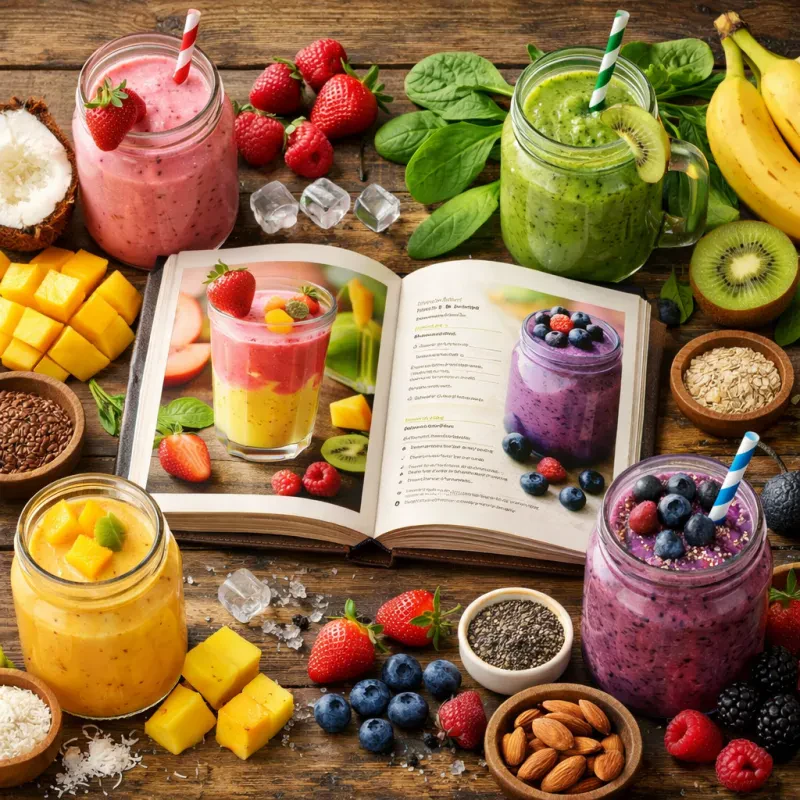Maintaining strong bones is crucial for overall health, and essential vitamins play a vital role in this process. When we think about bone health, two key vitamins often come to mind: Vitamin D and Vitamin K. These nutrients work together to strengthen bones and support the body’s natural calcium absorption.
Vitamin D is often referred to as the "sunshine vitamin" because our bodies produce it in response to sunlight. This vitamin helps regulate calcium levels in the blood, ensuring that your bones get the minerals they need to remain strong and resilient. A deficiency in Vitamin D can lead to weaker bones, increasing the risk of fractures and osteoporosis.
On the other hand, Vitamin K is essential for the production of osteocalcin, a protein that helps bind calcium to bone. Without adequate Vitamin K, bones may not fully mineralize, which can compromise their strength. Foods rich in Vitamin K, such as leafy greens, broccoli, and Brussels sprouts, should be included in your diet for optimal bone health.
Other vitamins that contribute to strong bones include Vitamin C and B vitamins. Vitamin C is critical for collagen production, providing the framework upon which bone mineralization occurs. Meanwhile, B vitamins, particularly B6 and B12, help with bone density and overall skeletal health. Including a variety of these vitamins in your meals can significantly enhance your bone strength.
Top Nutrients for Strong Bones
Maintaining strong bones is essential for overall health. To ensure your bones remain sturdy and resilient, it’s important to include specific nutrients in your diet. Here are some of the top nutrients that can help you achieve strong bones.
First on the list is calcium. Often referred to as the building block of bones, calcium plays a crucial role in bone density. Foods rich in calcium include dairy products like milk, cheese, and yogurt, as well as leafy greens like kale and broccoli. Incorporating these foods into your meals can significantly boost your intake of this vital mineral and promote strong bones.
Next, we have vitamin D, which is essential for calcium absorption. Without sufficient vitamin D, your body can’t properly utilize the calcium you consume. Sunlight is a natural source of vitamin D, but you can also find it in fortified foods, fatty fish, and egg yolks. Make sure to get enough of this nutrient to support your quest for strong bones.
Another important nutrient is magnesium. This mineral helps convert vitamin D into its active form and contributes to bone structure. Foods high in magnesium include nuts, seeds, whole grains, and legumes. Adding these foods to your diet can enhance your bone health and aid in developing strong bones.
Finally, don’t overlook vitamin K. This powerful vitamin plays a significant role in bone metabolism and helps in the formation of bone proteins. You can find vitamin K in foods like green leafy vegetables, fermented foods, and certain fruits. By including these foods in your diet, you're taking important steps towards achieving strong bones.
Foods Rich in Bone-Building Vitamins
When it comes to building strong bones, the vitamins you consume play a crucial role. Certain foods are particularly rich in these bone-building vitamins, helping you maintain a robust skeletal system. Incorporating a variety of these foods into your diet can make a significant difference in your bone health.
One key player is vitamin D, which you can find in fatty fish like salmon and mackerel, as well as in fortified dairy products. Vitamin D helps your body absorb calcium, another essential nutrient for strong bones. Additionally, egg yolks and certain mushrooms also provide this vital vitamin, making it easier for you to achieve your bone-strengthening goals.
Vitamin K is another essential nutrient for promoting strong bones. Leafy green vegetables, such as kale, spinach, and broccoli, are excellent sources of vitamin K. This vitamin helps in bone mineralization and works alongside calcium to ensure your bones remain healthy and strong. Including these greens in your meals can enhance your overall bone health.
Lastly, don’t overlook vitamin C, which is important for collagen production—an important component of bone structure. Citrus fruits like oranges and lemons, as well as strawberries and bell peppers, are packed with vitamin C. By adding these colorful fruits and vegetables to your daily meals, you'll support the strength and resilience of your bones.
Quick Tips for Bone Strengthening
Building strong bones is essential for maintaining overall health and preventing fractures as we age. Here are some quick tips to help you nurture your bone strength effectively. First, ensure that your diet is rich in calcium and vitamin D. Foods like dairy products, leafy greens, and fortified cereals are excellent sources of calcium, while sunlight can provide you with the necessary vitamin D. Combining these nutrients is crucial for bone health.
Another key factor in strengthening your bones is regular physical activity. Engage in weight-bearing exercises such as walking, running, or dancing to put stress on your bones, prompting them to become stronger. Incorporating strength training into your routine can also be highly beneficial. Using weights or resistance bands helps build muscle, which ultimately supports your bones.
Don't forget the importance of avoiding harmful habits, such as smoking and excessive alcohol consumption, as these can negatively impact bone density. Instead, consider incorporating healthy lifestyle choices, such as getting enough sleep and managing stress effectively. These habits contribute to overall well-being and can support your efforts to achieve strong bones.
Lastly, consider consulting with a healthcare professional for personalized advice on supplements that can complement your diet and contribute to strong bones. Vitamins like K2 and magnesium may play a vital role in your bone health journey. By following these quick tips, you can take proactive steps toward building and maintaining strong bones for years to come.



